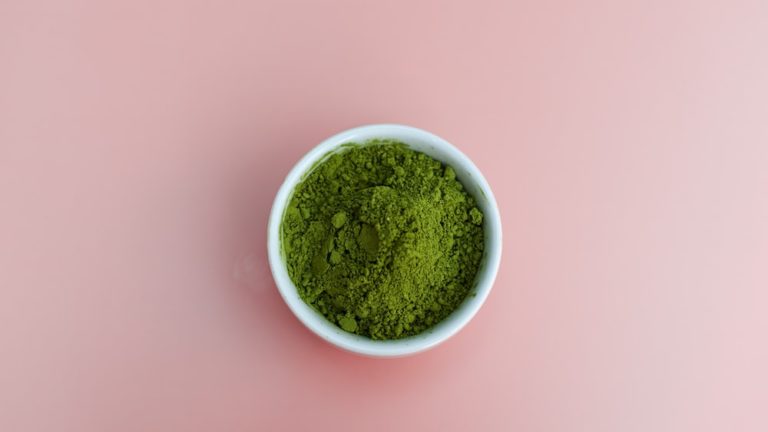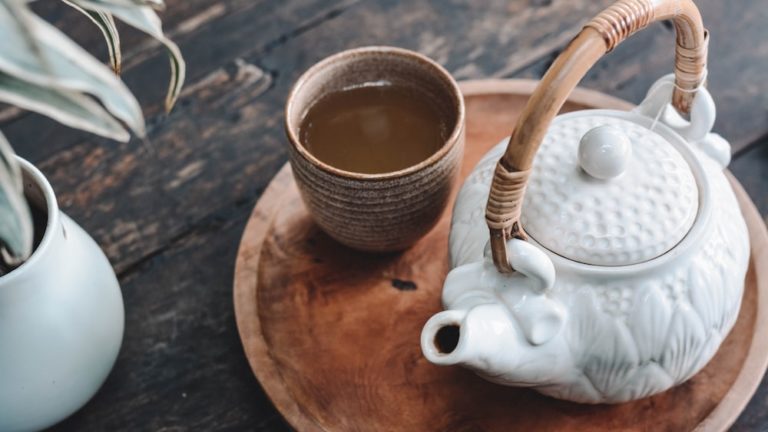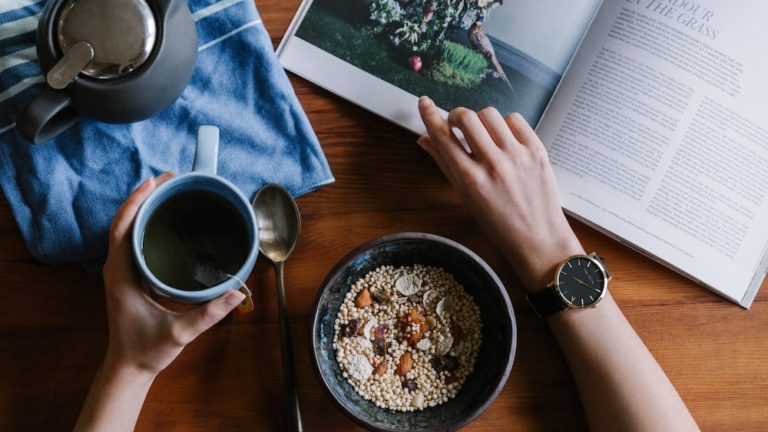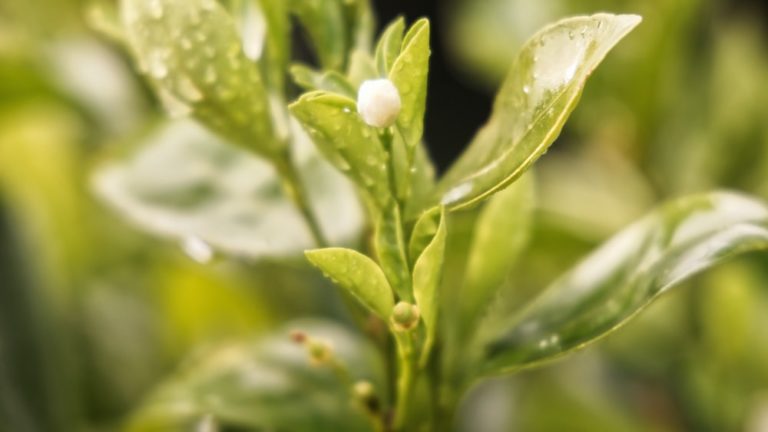Why Does Tea Make Me Hungry? The Surprising Answer

Why Does Tea Make Me Hungry? The Surprising Answer
Howdy, fellow tea aficionados and curious cats! Ever find yourself down a cup of tea and suddenly feeling a strange rumbling in your tummy? No, it’s not your body staging a coup or your soul demanding cookies. It’s an actual phenomenon. Now, why does tea make you hungry? Is tea a culinary wizard casting hunger spells or is this a conspiracy set by the donut industry? Well, let’s unravel this tea-riffically puzzling query and spill the tea, shall we?
To understand this hunger-inducing mystery, we must embark on a journey right into the heart of the tea leaf. A voyage through the aromatic maze of tea components, from caffeine to antioxidants. So, load up on your food and drink trivia and fasten your seatbelts. As we sip our way through, you’ll get insights into everything from the science behind tea and hunger to how different teas can impact your hunger pangs.
By the time we’re done, we’ll turn you into an aficionado armed with brewing knowledge, ready to combat your tea-induced hunger. So, are you excited as a teapot just about to whistle, waiting for the juicy details? Consider this your personalized tea leaf reading session!
The Connection Between Tea and Hunger
At the onset, let’s steep ourselves – like a good tea bag – into the pool of understanding what exactly ties together the universe of tea and hunger. This is no sorcery, but just basic body science in action.
The Role of Caffeine in Tea
Ah, caffeine! That notorious little demon often caught red-handed for inciting love and mayhem in a coffee cup. But did you know, this same scoundrel camouflages itself in your beloved tea and might be partly responsible for your hunger?
Caffeine, a key component found in both our morning coffee and our afternoon tea, is a known stimulant. It unfailingly gives us that much-needed jolt to wake up and take on the world. However, it does more than awaken the sleeping dragon within us.
Among its concert of side effects, caffeine also stokes our body’s furnace, promoting a faster metabolism. With this sudden surge, your body translates it as a need for more fuel, and cue in the hunger bells!
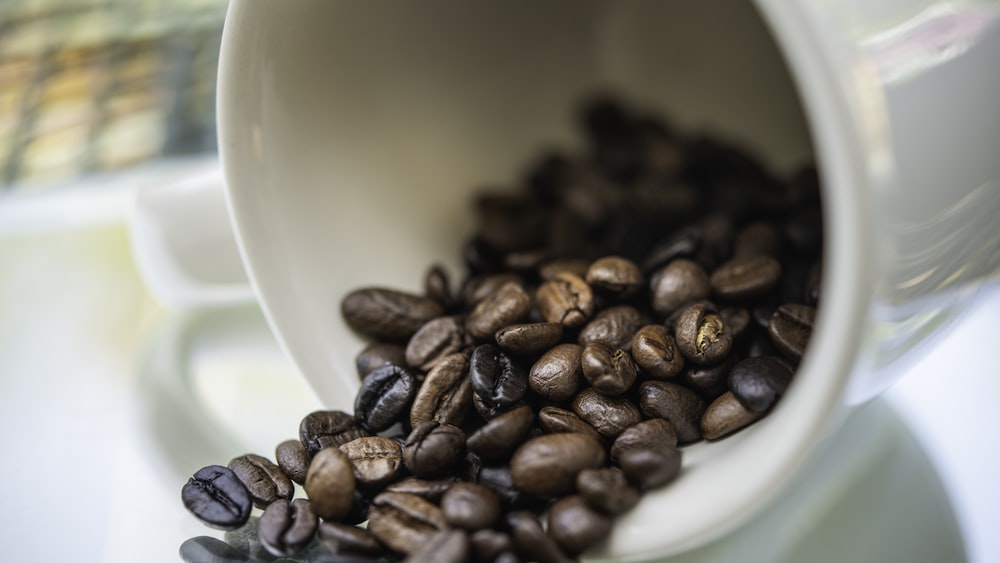
Caffeine can increase hunger by promoting a faster metabolism, leading to a need for more fuel.
Tea and Blood Sugar Levels
Next up on our thirsty quest is the curious case of tea and blood sugar levels. Good news is, your beverage of choice isn’t just low in calories and rich in antioxidants. It’s also quite the performer when it comes to managing your blood sugar levels. But how does this relate to your hunger you ask?
Well, certain elements found in tea, particularly in green tea, might carry the potential to balance your blood sugar levels. Successful regulation of these levels in your body can lead to better appetite control – so we’re not always dreaming of that extra cake slice.
Nevertheless, it’s a complicated dance. At times, tea can also lead to a rapid drop in blood sugar levels. This is like a red carpet invite by your body to hunger. Our bodies are melodramatic that way, they do like to keep things interesting!
The Physical Impact of Drinking Tea
Let’s take our discussion further, ascending from the molecular tea leaves’ world to the macrocosm of our bodies. Yes, we’re talking about the physical impact of imbibing the divine brew, tea.
The Stress Factor of Hot Tea
It’s common knowledge that a fiery cup of tea is like a soothing balm for many. But this same tea, my friend, can also be the paparazzi flashing lights in the calm event of your body, causing it to go into a full-blown diva moment.
A nice, steaming tea cup might sometimes induce mild physical stress. Imagine you’re a wet, cosy cat suddenly doused in an unexpected bout of rain – that’s how your body feels. This stress can kickstart production of gastric hormones, in turn cranking up the volume on our hunger jukebox.
Now, who would have thought our friendly cup of tea could stir this much drama?!
Tea and Overproduction of Acid
Let’s wander into another digestive labyrinth now. Ever wondered if your tea could turn acidic and sing a ballad to the tune of your hunger? It does sound like an entertaining scenario, but it’s far less dramatic in reality.
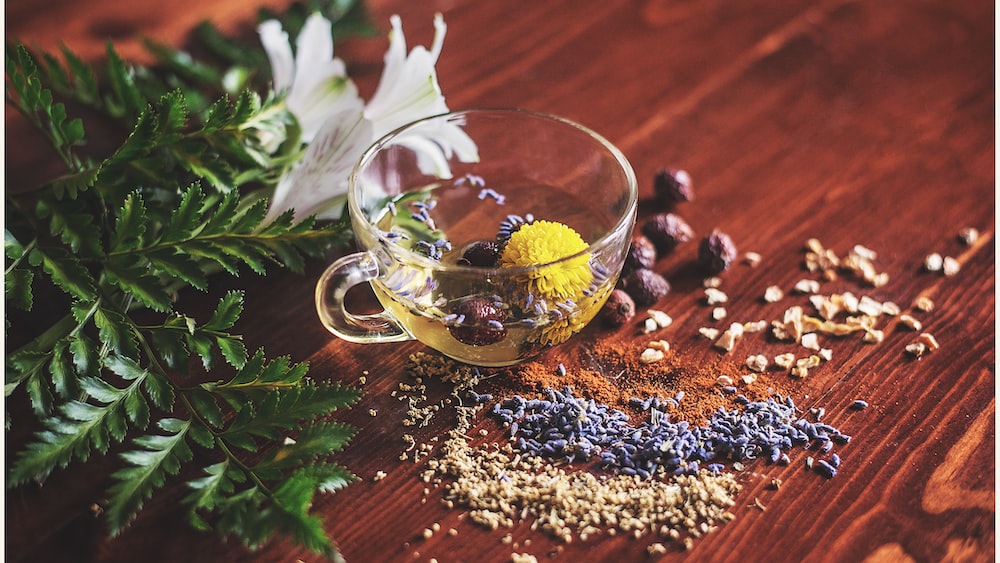
The intake of tea, especially when consumed on an empty stomach, can encourage the overproduction of stomach acid. This acid has a part-time job, masquerading as ghrelin – the ‘hunger hormone’. Too much of it and it could be like a signal flare, nudging you to refill your tummy with some grub.
Listen to your body, it’s got its ways to convey its needs in tongue-into-cheek manners!
The Different Types of Tea and Their Effects
From the lush plains of Assam to the misty hills of Darjeeling, tea leaves have sipped their way into our cups and our hearts. But have you ever stopped to wonder why drinking tea makes you feel like your stomach is auditioning for a musical rendition of Oliver Twist’s ‘”Food, Glorious Food”?
Green Tea and Hunger
Ah, the emerald brew of the Orient, the envious elixir, green tea. Loved by many, understood by few. Here’s a fun fact – green tea contains polyphenols, mighty little warriors that aid in metabolism.
Yet, these wingmen could turn foes. A study reveals potential links between these polyphenols and increased feelings of hunger. They artificially raise metabolism rates that create a ghost of the ‘I-need-food’ impression. It’s like your stomach is throwing a party, and everyone’s invited. Well, almost everyone except actual food.
The Impact of Other Types of Tea
Now that we’ve spilled the tea on green tea, let’s delve into the effects of other kinds of tea. Sip down that apprehension, dear reader. Let’s venture into the teacup tempest.
The common misconception, ‘all teas make you hungry,’ needs to be banished, like soggy biscuits in tea. Take black tea, for instance. Its rich flavors contain higher amounts of caffeine than their green counterparts, which can suppress feelings of hunger. You’ve heard of Java, not the island, but the brew. It’s caffeine central. Same logic. Then, we have the sensitive, delicate white tea – fermented even less than green tea, leading to lower caffeine content. Thus, lesser hunger pangs.
Making Tea More Filling
Can we make our tea more filling, and trick our stomach into believing it’s just had a sumptuous meal? Alas, dear readers, unlike downloading more RAM for your computer, there are genuine ways to make your tea more filling.
Choosing the Right Type of Tea
When it comes to calming down a hangry (that’s hungry+angry, fellas) stomach, not all teas are created equal. Some teas are just better at being pacifists.
Take Herbal teas, for example. These aren’t technically teas as they don’t come from the Camellia sinensis plant, but who cares when they are so good at keeping hunger at bay? They come in a kaleidoscope of flavours, from chamomile to peppermint, each with unique profiles. If playing hunger whack-a-mole is your goal, peppermint and ginger teas are your mallets. Research shows they help suppress appetite and increase feelings of fullness. Also, who can resist the aromatic allure of these brews?
Herbal teas like peppermint and ginger can help suppress appetite and increase feelings of fullness, making them excellent choices for calming down a hangry stomach.
Other Methods to Reduce Hunger After Drinking Tea
On to other means to satiety, my famished friend. Consider adding a bit of protein to your tea. Traditional wisdom might raise an eyebrow, but insulin levels, those crucial traffic controllers of blood sugar, respond favorably to proteins, keeping the ‘can-I-eat-the-fridge’ feeling at bay. So next time, swirl a bit of milk or soy in your tea.
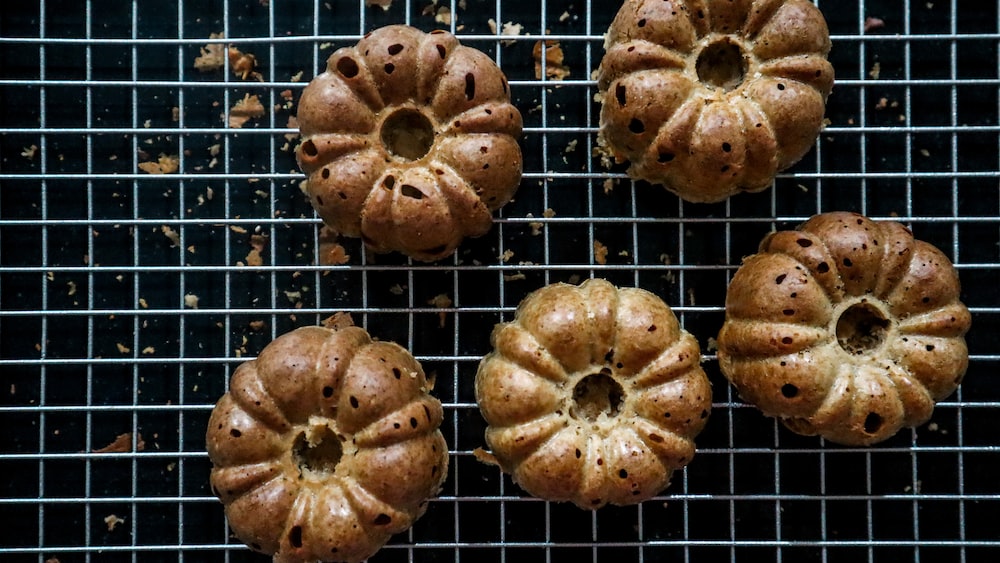
Speaking of which, why not turn your tea time into snack time too? Pair your favorite brew with high-fiber, low-calorie snacks like air-popped popcorn or raw veggies. It’s the perfect way to appease your stomach without overloading on calories. After all, who said tea parties were only for the Mad Hatter?
Frequently Asked Questions (FAQs)
1. Why does green tea specifically make me feel hungry?
If we get specific about green tea, one of the primary reasons it might induce hunger is due to its rich caffeine content, acting as a stimulant to trigger your digestive system. Research suggests that some people could experience this caffeinated call to meal times a bit more intensely than others, hence your tummy rumbles post a warm cup of green tea.
2. Are there teas that can suppress my hunger?
Stepping into the vast world of teas, those looking to suppress hunger might find a friend in herbal teas. Specifically, teas containing herbs like peppermint, fenugreek, and ginger have been known to successfully curb hunger. Remember, to achieve the best results, it’s advised to sip these teas between meals.
3. Can drinking tea replace meals?
Main meals and their importance in your day can’t be replaced or neglected. Teas, regardless of type, shouldn’t be seen as meal replacements due to their lack of substantial nutrients and calories. While tea can offer various health benefits, it’s not designed to fuel your body the same way food does. So, chuck that question out the window, and enjoy tea as an addition to your regular, balanced meals.
4. Is it normal to feel hungry after drinking tea?
It’s perfectly normal to experience feelings of hunger after sipping on your favorite blend, darling tea-drinker. The stimulating properties of tea, especially those with higher caffeine counts, can activate your digestion, making your stomach rumble for some grub. So, don’t fret the tea-tummy connection, it’s quite the ordinary affair for some people!
Conclusion
So, there we have it, tea-lovers! Our beloved warm elixir can indeed stir up a hearty hunger, thanks to the stimulant effects of its dominant caffeine kick. It’s a fascinating look at how the body responds to certain foods and beverages, and that the impact of ordinary things like tea, can raise intriguing questions.
But remember, as we straddle the line between humor and hard facts, no two bodies are the same. Our digestive dances may move to different beats, and it’s all unique to each of us. So, sip and savor and see how your body responds to every enchanting puff of that steamy cup!
The world of tea is vast and varied, brimming with a melange of flavors and affects. As for the hunger-inducing teas or those hunger-halting brews, remember to enjoy them as part of a balanced diet. They’re here to supplement your meals and not replace them.
And with this, I take my leave. Remember, no question is too small or silly if it helps you better understand your relationship with food, beverages, and your fantastic body. Continue to explore, question, and most importantly, enjoy your tea! Stay curious and caffeinated, my dear tea enthusiasts. Until the next brew-tiful adventure,
Signing off, Zoe

